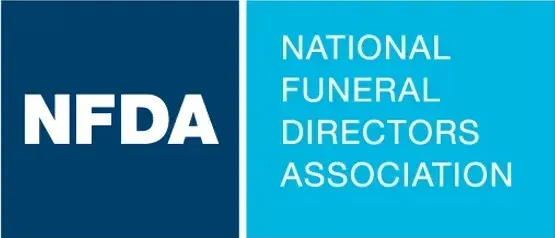Frequent Questions
Frequent Questions
Click on the questions below to reveal each respective answer. Should you have questions that are not answered below, please call us at 215-536-6550.
-
What services do funeral directors perform?
The funeral director's role is to assist the bereaved in navigating the loss of a loved one. They provide bereavement and consolation services for the living while making arrangements for cremation, burial, and memorial services for the deceased. A funeral director fulfills multiple roles, including funeral arranger, director, attendant, and embalmer.
The following list, while not exhaustive, highlights some of the major tasks of a funeral director:
- Removal and transfer of the deceased from the place of death to the funeral home
- Professional care of the deceased, including embalming, casketing, and cosmetology
- Consulting with the family to make arrangements for the funeral service
- Filing certificates, permits, and other required forms
- Obtaining copies of the death certificate
- Arranging with the cemetery, crematory, or other places of final disposition
- Creating and publishing the obituary
- Coordinating clergy, music, flowers, transportation, pallbearers, and special fraternal or military services
- Directing and managing the funeral service and procession
- Assisting the family with death-related claims, including Social Security, VA insurance, and grief counseling
-
Why are funerals so expensive?
A traditional funeral involves various services that contribute to the overall cost. In addition to a non-declinable basic services fee, other charges may include the following:
- Removal/transfer of the body to the funeral home
- Embalming and other body preparations
- Use of facilities and staff for viewing
- Use of facilities and staff for the funeral ceremony
- Use of a hearse, service car, or van
- A basic memorial printed package
- Metal casket
- Vault or grave liner
- - Purchase of a cemetery plot
-
What is the purpose of a funeral?
A funeral or memorial service offers an opportunity for the living to show respect for the deceased and pay tribute to their life. It provides a framework to openly express our beliefs, feelings, and thoughts about the death of our loved one. This setting allows us to grieve our loss, share in solidarity, and gain strength from others who are experiencing the same loss.
-
What are the choices for funeral services?
The four main types of funeral services include the traditional funeral service, the memorial service, the committal service, and the affirmation or celebration of life service.
-
Can you still have a funeral if you choose cremation?
Yes, cremation or burial is simply the disposition of the body. Funeral services, regardless of disposition, are meant to honor and remember your loved one.
-
Can I plan in advance if I choose cremation?
Pre-arranging funeral services can be done regardless of the final disposition. It involves recording your wishes with the funeral home and optionally prefunding the arrangements.
-
What information should I bring to the arrangement conference?
Advance Directives: If the deceased left any written advance directives concerning the disposition of their remains and memorialization, bring them with you. These instructions may be found in a will, or there may be a formally witnessed disposition directive, funeral pre-arrangements, or a pre-need contract.
Military Discharge Papers: If applicable, bring the deceased's military discharge papers.
Cemetery Property Details: Provide details on any cemetery property owned by the deceased or the family, such as grave plots or columbarium spaces.
Recent Photograph and Personal Effects: Bring a recent photograph of the deceased and any personal effects you wish to include in the viewing or burial.
Specific Information on the Deceased:
- Full legal name
- Address
- Marital status
- Social Security number
- Date of birth
- Place of birth (city and state)
- Educational history (number of years of schooling)
- Armed Forces service dates and serial number (if applicable)
- Occupation or profession
- Parents' names, including mother's maiden name
- Next of kin and other survivors
A Year of Grief Support
Sign up for one year of weekly grief messages designed to provide strength and comfort during this challenging time.
Please wait
Verifying your email address
Please wait
Unsubscribing your email address
You have been unsubscribed
You will no longer receive messages from our email mailing list.
You have been subscribed
Your email address has successfully been added to our mailing list.
Something went wrong
There was an error verifying your email address. Please try again later, or re-subscribe.





